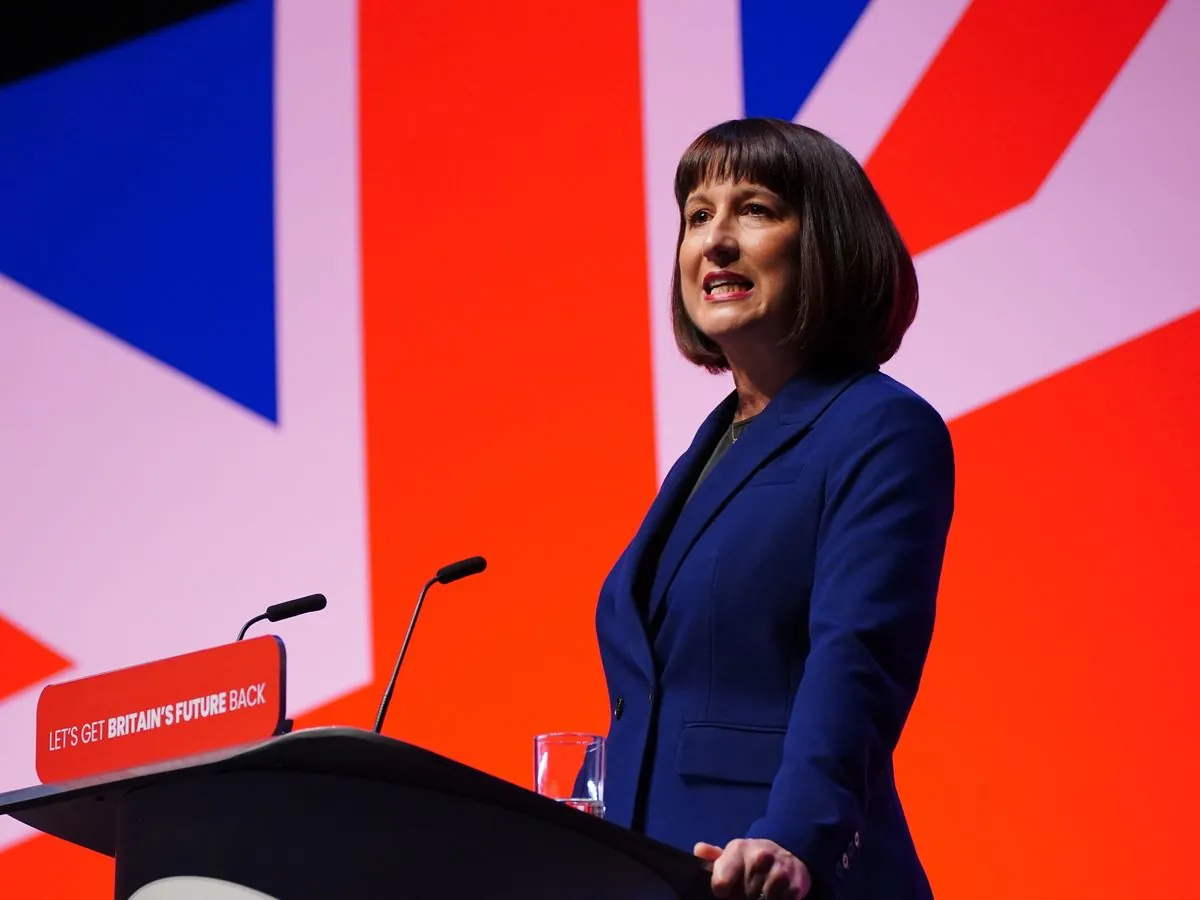Top Investment Minister Candidate Declines Role Ahead of Key Summit
Benjamin Wegg-Prosser turns down investment minister position due to financial reasons, complicating Labour's plans for upcoming international summit. Government faces challenges in filling crucial role.

In a setback for the UK government's economic plans, Benjamin Wegg-Prosser, chief executive of Global Counsel, has declined the role of investment minister just weeks before a crucial international summit. The decision, primarily driven by financial considerations, has left the government scrambling to find an alternative candidate for this pivotal position.
Rachel Reeves, the Chancellor of the Exchequer, had reportedly favored Wegg-Prosser for the role. His expertise in foreign direct investment made him an attractive candidate, but the financial implications of accepting the position proved to be a significant obstacle.

The Ministerial Code, which governs the conduct of UK government ministers, requires strict adherence to avoiding conflicts of interest between public duties and private financial interests. This requirement likely played a role in Wegg-Prosser's decision, as he may have faced pressure to divest from his stake in Global Counsel, a political advisory firm he co-owns with Lord Mandelson.
The timing of this development is particularly challenging, as it comes just weeks before a high-profile investment summit scheduled for October 14, 2024. This event, set to host over 300 international money managers, aims to catalyze investment into the UK economy.
"They were very keen on him. He knows a lot about foreign direct investment, but in the end it just wasn't financially viable."
Adding to the government's woes, the summit itself has been embroiled in controversy. It was revealed that Ian Corfield, initially chosen to organize the event, had donated over £20,000 to Labour politicians in the past decade, including £5,000 to Reeves herself. This disclosure led to accusations of cronyism from opposition figures, including former chancellor Jeremy Hunt.
The situation has also exposed tensions within the government's recruitment process. Some insiders have pointed to Sue Gray, chief of staff to Labour leader Sir Keir Starmer, as a potential bottleneck in the vetting process for alternative candidates.
As the government works to fill this crucial role before the summit, the incident highlights the delicate balance between attracting top talent from the private sector and maintaining the integrity of public office. It also underscores the challenges faced by the Labour government in implementing its economic strategy and attracting foreign investment to the UK.
The Treasury spokesperson emphasized the importance of the upcoming summit, stating that it will "bring together business leaders from around the world to advance opportunities for our national mission of growth." However, the government's ability to effectively capitalize on this opportunity may hinge on its success in quickly appointing a suitable investment minister.


































